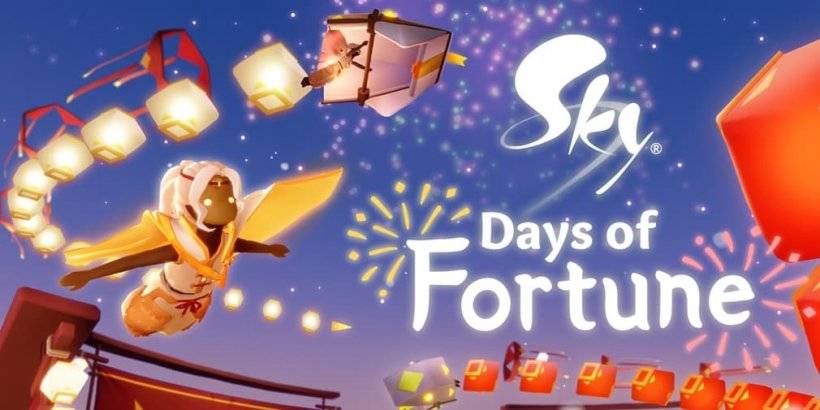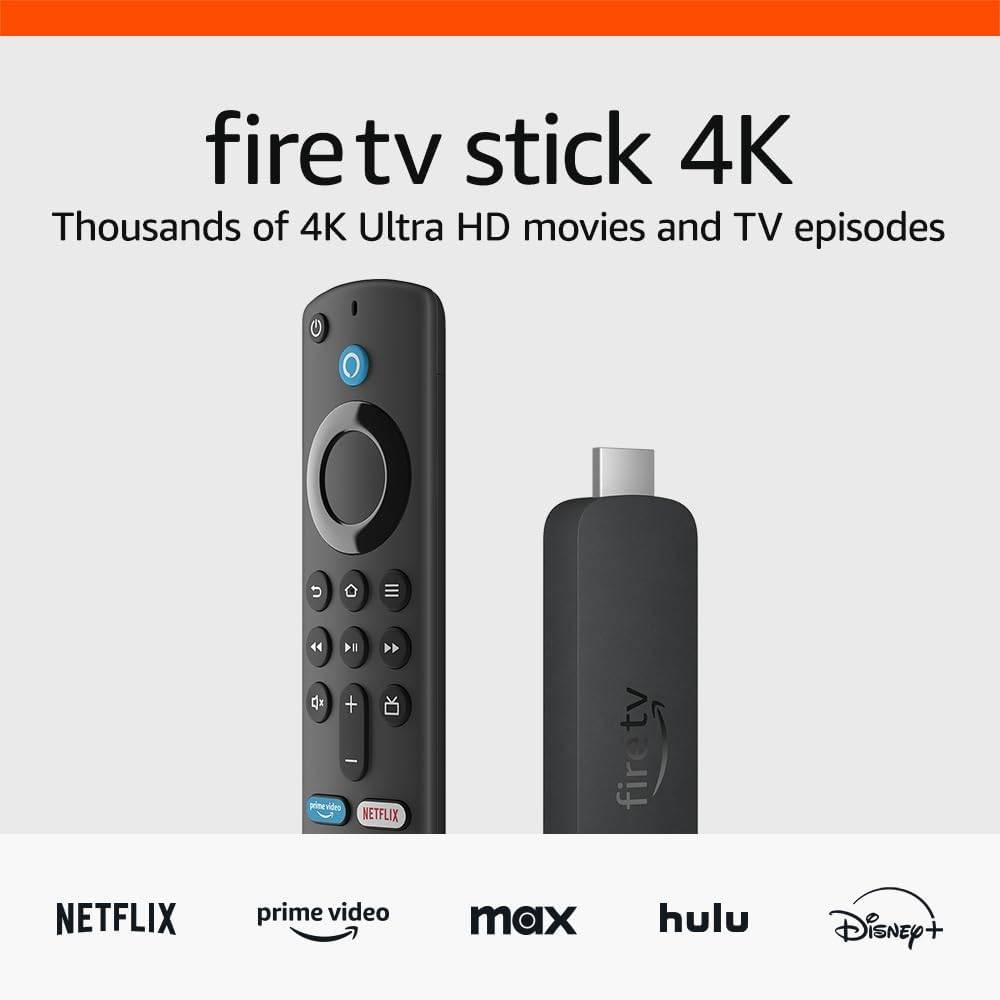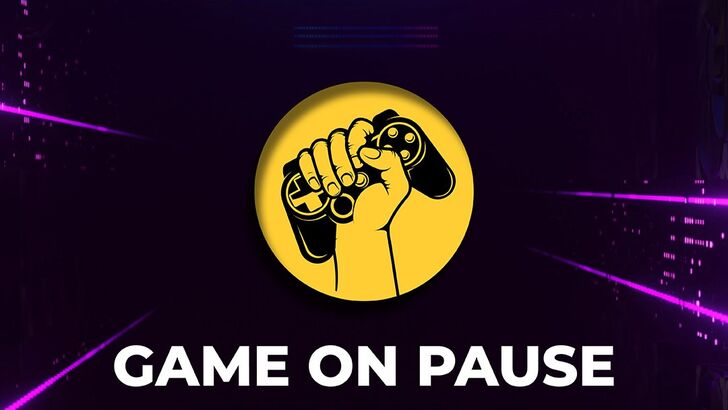
The video game industry faces potential upheaval as SAG-AFTRA, the union representing voice actors and performance artists, has authorized a strike against major game developers. This action highlights a critical conflict over fair labor practices and the ethical implications of artificial intelligence in performance capture.
SAG-AFTRA's Strike Authorization
On July 20th, SAG-AFTRA's National Board unanimously empowered its National Executive Director to call a strike if necessary. This strike would encompass all services under the Interactive Media Agreement (IMA), halting work on all projects covered by this contract. The central issue driving this potential strike is the lack of adequate AI protections for performers.
Duncan Crabtree-Ireland, National Executive Director, stressed the union's unwavering resolve, emphasizing the overwhelming 98%+ member vote in favor of strike authorization if a fair agreement, particularly concerning AI usage, isn't reached. He highlighted the importance of protecting the performers whose contributions are vital to the success of popular video games.
Key Issues and Industry Impact
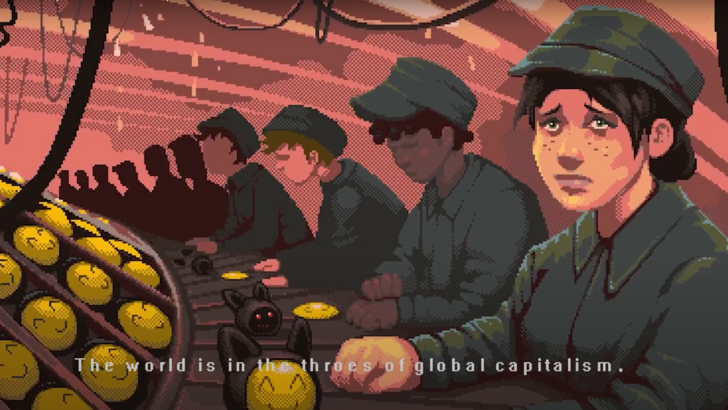
The core dispute centers on the unregulated use of AI in voice acting and performance capture. Currently, no safeguards exist to prevent the unauthorized replication of actors' likenesses and voices through AI. SAG-AFTRA members demand fair compensation and clear guidelines for AI usage, advocating for payment for actual performances rather than allowing AI to replicate their work without proper remuneration.
Beyond AI, the union seeks wage increases to match inflation (11% retroactively and 4% increases for subsequent years), improved on-set safety measures (including mandated rest periods, on-site medics for hazardous work, vocal stress protections, and eliminating stunt requirements in self-taped auditions).
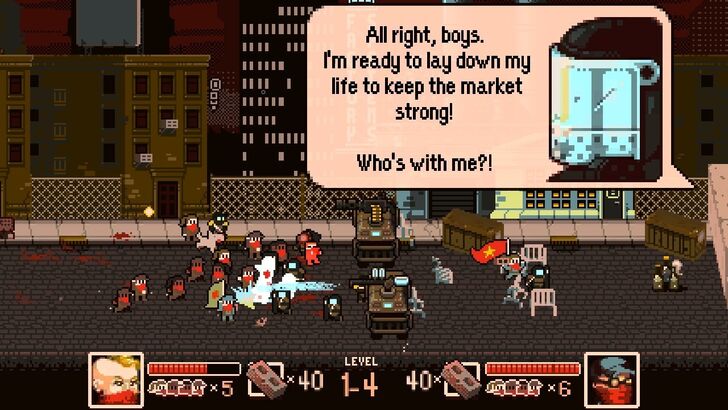
A strike could significantly disrupt video game production, although the full impact remains unclear. Unlike film and television, video game development is a lengthy process. While a strike might delay certain stages of development, the extent of its impact on game release dates is uncertain.
Companies Involved and Their Responses
The potential strike targets ten major companies: Activision Productions Inc., Blindlight LLC, Disney Character Voices Inc., Electronic Arts Productions Inc., Epic Games, Inc., Formosa Interactive LLC, Insomniac Games Inc., Take 2 Productions Inc., VoiceWorks Productions Inc., and WB Games Inc.
Epic Games has publicly supported SAG-AFTRA's position, with CEO Tim Sweeney stating that game companies shouldn't obtain generative AI training rights from voice recording sessions. Other companies have yet to release official statements.
Negotiation History and Context

This conflict's origins date back to September 2023, when SAG-AFTRA members overwhelmingly authorized a strike before contract negotiations. Negotiations have since stalled, despite an extension of the previous contract (expired November 2022).
This current dispute follows a 2016 strike lasting 340 days, which, while resulting in a compromise, left many union members unsatisfied. Further complicating matters is a January 2024 deal with Replica Studios, an AI voice provider, which some viewed as a betrayal, intensifying internal union tensions.
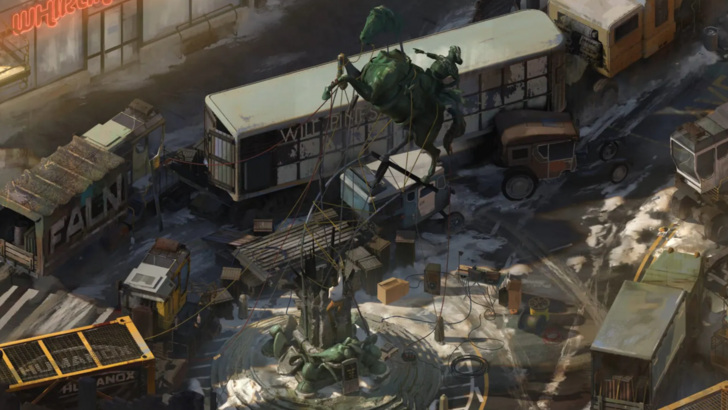
SAG-AFTRA's strike authorization represents a critical juncture in the fight for fair labor practices within the gaming industry. The resolution of this conflict will significantly impact AI's role in performance capture and the overall treatment of video game performers. The rapid advancement of AI necessitates strong protections for individuals, ensuring AI enhances, not replaces, human creativity. The potential consequences of a strike underscore the urgent need for a mutually agreeable resolution.

